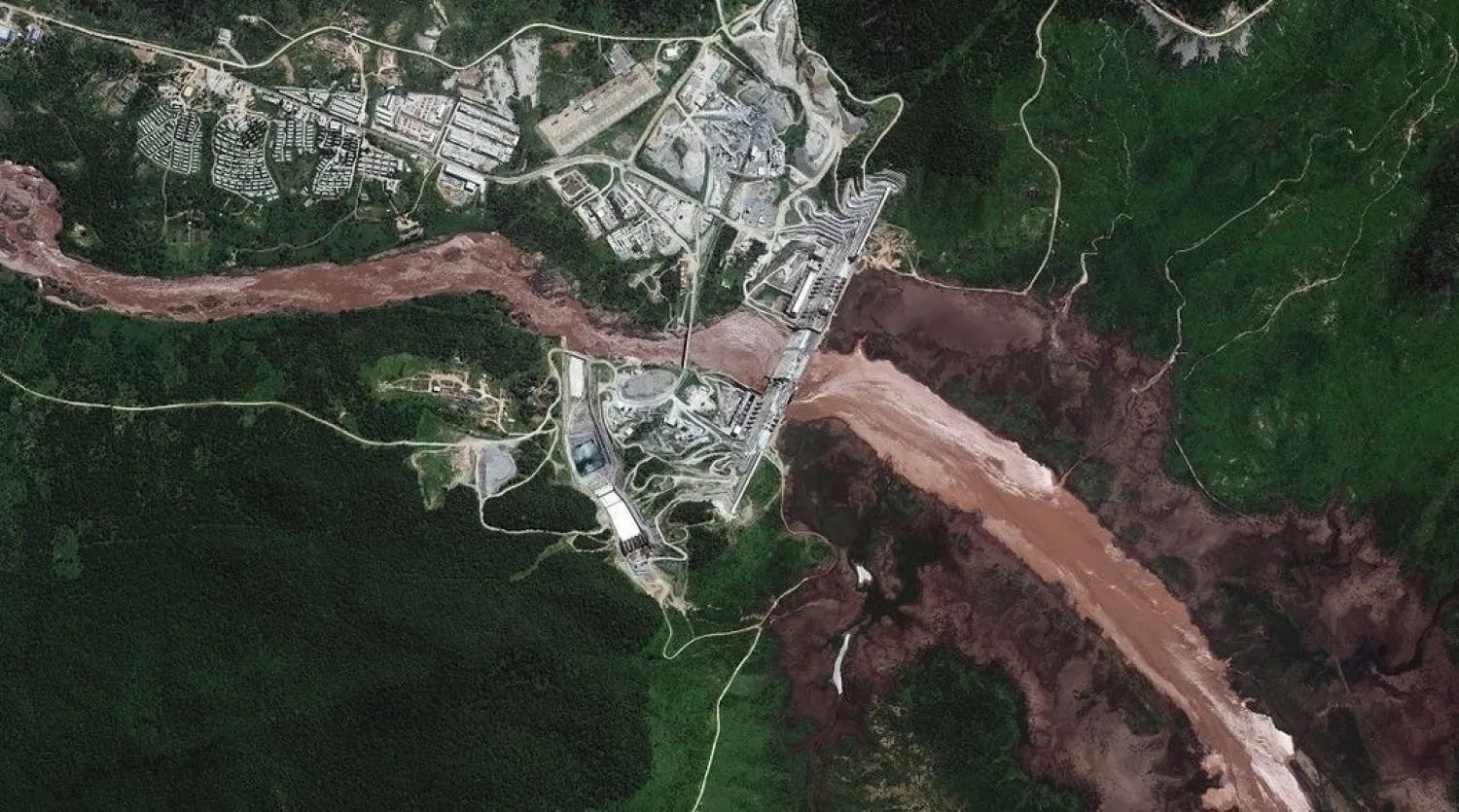A Sudanese minister said on Friday that Ethiopia had rejected an invitation to a summit to discuss stalled negotiations over the Grand Ethiopian Renaissance Dam, and threatened to go to international arbitration to resolve their differences.
Ethiopia is pinning its hopes of economic development and power generation on the Blue Nile dam, which Egypt fears will imperil its water supply. Sudan is also concerned about the impact on its own water flows.
Talks in Kinshasa overseen by the African Union collapsed earlier this month, after which Sudanese Prime Minister Abdalla Hamdok invited his Ethiopian and Egyptian counterparts to Khartoum. He had given them until Friday to attend.
Ethiopia has said it planned to complete the second phase of filling the dam during the upcoming rainy season, a move Sudan and Egypt rejected before a binding legal agreement was reached.
“Given that the environmental and social impacts and accompanying risks of the GERD have not been studied, various options are being considered, including The International Court of Justice, The Human Rights Commissions, and the COMESA Court,” Sudan’s irrigation minister Yasir Abbas said in a statement.
COMESA is the Common Market for Eastern and Southern Africa.
“Failure to reach an agreement paves the way for raising a complaint to the Security Council, considering that the GERD poses a real threat to regional peace and security.”
Abbas said Ethiopia had rejected a Sudanese proposal to use EU, US and UN mediators led by the African Union.
He added that while previous negotiations between the three countries had yielded agreement over 90% of outstanding issues, that progress was now in doubt.
Ethiopian water minister Seleshi Bekele told Reuters that Ethiopia did not believe negotiations between the three countries were finished or had failed, and added that the appropriate next step would be for the heads of states to meet under the auspices of the African Union.









